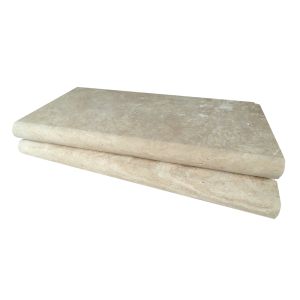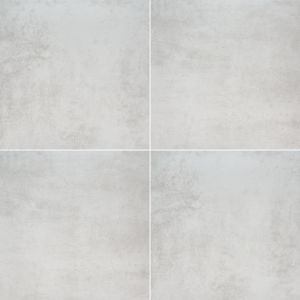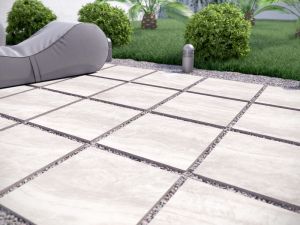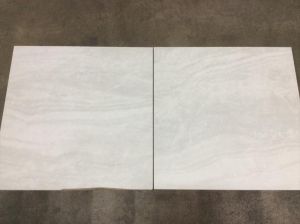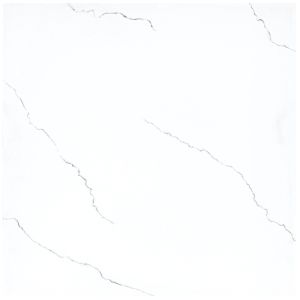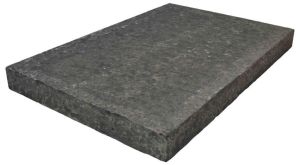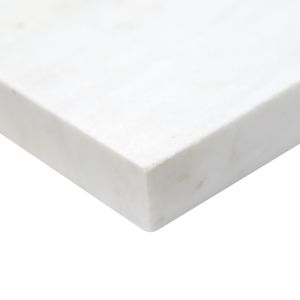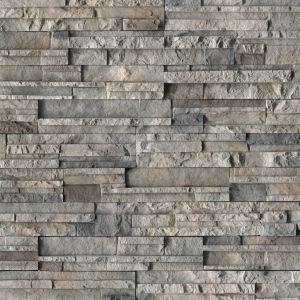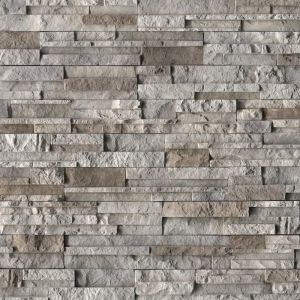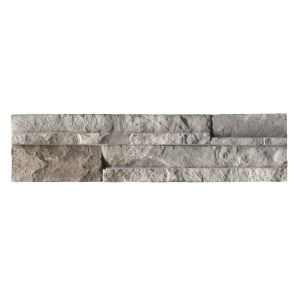This website uses cookies to ensure you get the best experience on our website. Read more
Differences between Epoxy Grout and Cement Grout

Grouting is an essential stage in a tile project. You have to fill the space between tile joints and grout is that material used for this purpose.
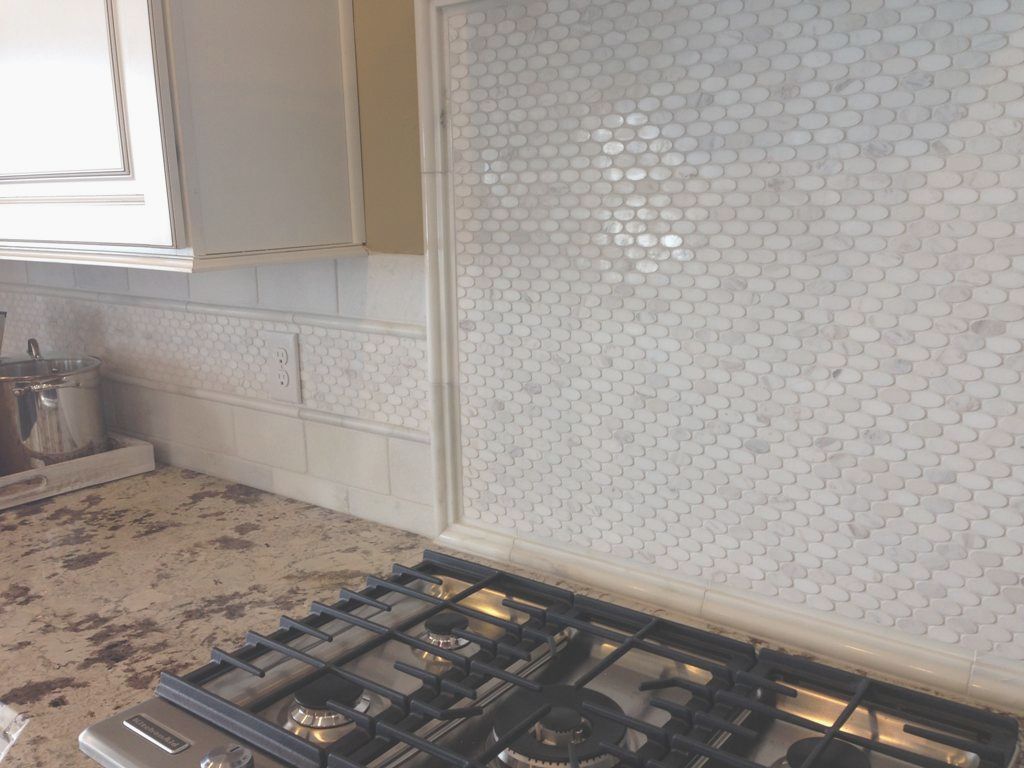
Ideally, homeowners, tilers, and DIYers use just any type of grout. But grout should be used based on your project type. For example: the grout that you use in bathroom wall and floor and the grout that you use on your living room floor are different.
This blog compares the characteristics and upsides of Epoxy Grout and Cement Grout – two of the most popular materials used for grouting tile joints –
Epoxy Grout –

- Epoxy grout is made from epoxy resins and fillers, which is waterproof in nature and ideal for area exposed with water and moisture.
- It helps highlight tiles on your wall due to its shine.
- Grout lines filled with epoxy grout look as if they are plastic.
- This grout is stain-resistant. It does not catch the color from spills.
- Epoxy grout is chemical and acid resistant too.
Cement Grout –

- Also known as sand-based or sanded grout, cement grout is prepared from a mix of cement and sand.
- If you want to match the color of grout and stone/tile, this is the grout you should pick.
- There is no plastic substance in this grout.
- It is harder than epoxy grout. But in many cases, the latter outperforms it.
- Cement grout is cheaper than epoxy grout.
Looking for walling or flooring stones and tiles of any kind for your home or commercial space? WallAndTile.com offers the best quality tiles at best rates in the United States
Comment(s)
